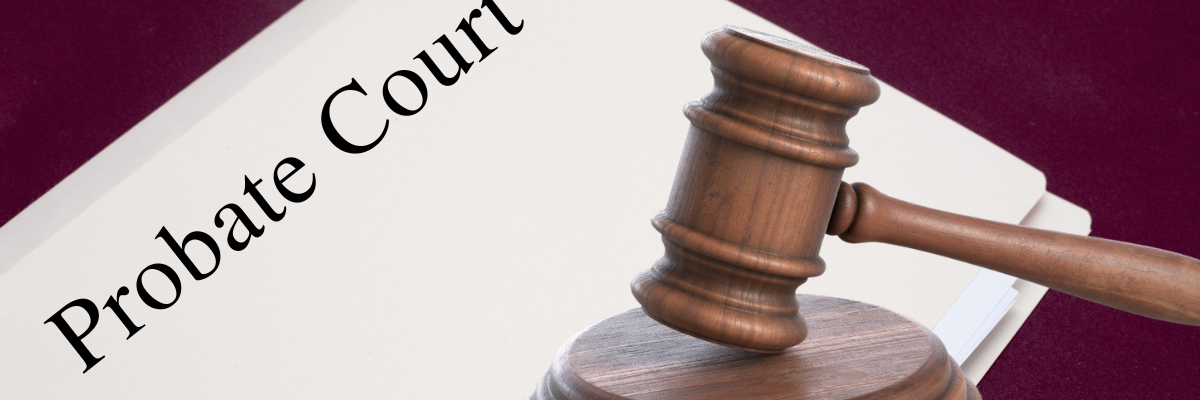Probate Court
Probate is the legal process of administering a deceased person’s estate. This process is carried out in probate court and is overseen by a judge.

In California, probate court is a division of the superior court that is responsible for overseeing the distribution of a deceased person’s estate. The probate process begins when the executor of the deceased person’s will files a petition with the court to open probate. The court will then appoint the executor and give them the authority to manage the estate.
Executor
The executor is responsible for inventorying the deceased person’s assets, paying any outstanding debts, and distributing the remaining assets to the beneficiaries named in the will. The probate process can take several months to a year to complete, depending on the complexity of the estate. This may include gathering and valuing assets, paying taxes and creditors, and distributing assets to beneficiaries.
Probate court also handles disputes that may arise during the probate process, such as challenges to the validity of the will or disagreements among beneficiaries. In these cases, the court will provide guidance and make decisions to resolve the dispute.
Intestate Succession Law
If a deceased person did not have a will, the probate court will determine who is entitled to inherit the estate based on California’s laws of intestate succession. In this case, the court may appoint a public administrator to manage the estate. The public administrator will follow the state’s intestate succession laws to distribute the assets of the estate.
Finally
The court is responsible for verifying the validity of a will, appointing a personal representative to manage the estate, and overseeing the distribution of assets to beneficiaries. It is important for beneficiaries and executors to understand the probate process and their rights and responsibilities in probate court. This includes being familiar with the laws and procedures of probate, as well as understanding their rights and obligations as a beneficiary or executor.
